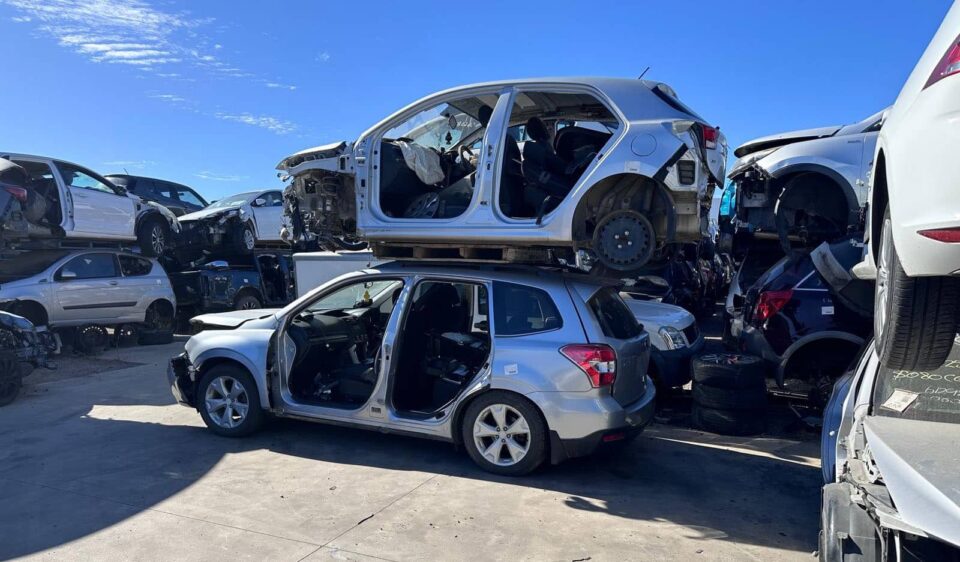Selling a scrap car might seem like a straightforward process, but there are plenty of common pitfalls that can make it far more complicated than expected. Whether you’re looking to scrap a car for cash or simply get rid of an old vehicle, knowing what to avoid can save you time, money, and unnecessary frustration.
In this guide, we’ll cover the most frequent mistakes people make when selling their scrap car and offer practical advice on how to navigate the process smoothly.
1. Neglecting to Research Your Vehicle’s Value
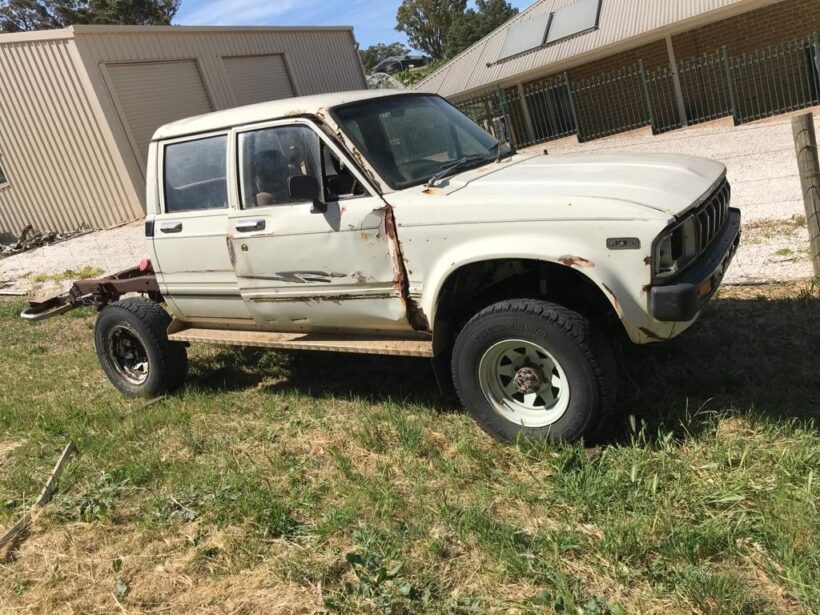
One of the biggest mistakes people make when selling a scrap car is failing to research its true value. Without understanding how much your vehicle is worth, you’re at risk of being underpaid or misled by buyers.
The value of a scrap car can vary widely depending on factors such as the make, model, age, condition, and the current market demand for scrap metal.
To avoid this mistake, take the time to get a few quotes from different scrap yards or online car scrapping services. Check the value of scrap metal in your area, as prices can fluctuate.
Additionally, some cars may have reusable parts that are worth more than the metal itself. Knowing the value of your car beforehand helps ensure you’re getting a fair deal.
2. Failing to Remove Personal Belongings
It may seem obvious, but you’d be surprised at how many people forget to remove personal belongings from their car before selling it. Whether it’s loose change, old paperwork, or even more valuable items like electronics or spare tires, it’s essential to clear out your vehicle.
Not only is it a good practice for privacy and security, but it’s also important because some buyers may charge you extra fees for the removal of personal items. Take a few moments to check every nook and cranny of your car to ensure nothing is left behind. You’ll also want to take out any valuable items that could potentially be reused or sold.
3. Ignoring Legal Requirements

Selling a car, even a scrap one, involves legal procedures that must be followed to avoid complications. Many people make the mistake of skipping the necessary paperwork or not understanding the legal steps involved. This can lead to issues with title transfers, fines, or even liability if the car is involved in an accident after the sale.
Before selling your scrap car, ensure you have the following:
- The title or proof of ownership. Some states may allow you to scrap a car without a title, but it’s usually necessary to transfer ownership.
- The proper release of liability form. This protects you from being held responsible for any actions taken with the car after it’s sold.
- Any other required documents specific to your state or country.
Failure to handle the legal aspects correctly can result in headaches down the road, so it’s worth making sure everything is in order before completing the sale.
4. Choosing the Wrong Scrap Yard or Buyer
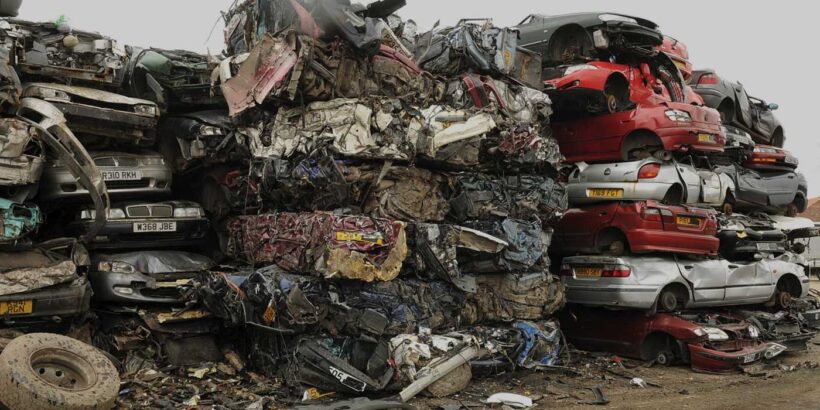
Not all scrap yards or buyers are created equal. It’s easy to make the mistake of simply going with the first offer you receive, but that could be a costly error. Some buyers may offer you a low price or charge hidden fees, making the process much less lucrative than it should be.
Take the time to research and read reviews of local scrap yards or online scrap car buyers. Look for reputable businesses that provide best cash for scrap cars are transparent about their pricing and fees. Getting multiple quotes allows you to compare and choose the best deal. Don’t settle for the first offer—be sure you’re selling to a buyer who values your car appropriately.
5. Not Asking About Additional Fees
When selling your scrap car, it’s essential to clarify whether any additional fees are involved in the process. Some scrap yards may charge for towing or disposal, while others may include these costs in their offer. Not asking about these fees upfront can lead to unpleasant surprises later on.
Be sure to inquire about any extra charges that might come with the sale. If you’re selling your car online or to a company that offers free towing, make sure that this is clearly stated in the offer.
Avoiding hidden fees helps ensure that you get the most value for your scrap car without being blindsided by unexpected costs.
6. Not Considering the Environmental Impact

Scrapping a car is an environmentally responsible decision when done properly, but it’s easy to overlook the environmental consequences of how the car is handled.
Some scrap yards may not dispose of hazardous materials, such as oil, coolant, and battery acid, in a safe and environmentally friendly manner.
Before you sell your car, research the scrap yard’s environmental practices. Ideally, they should follow proper recycling and disposal protocols to minimize harm to the environment.
Choosing a responsible scrap yard not only ensures that your car is disposed of in an eco-friendly way but also aligns with your own environmental values.
7. Failing to Remove the License Plates and Insurance
A simple yet crucial mistake is forgetting to remove your license plates and cancel your car insurance after selling your scrap vehicle. It’s a common oversight that can lead to unnecessary complications, such as continued liability for the vehicle or issues with the DMV.
Once the sale is complete, be sure to:
- Remove the license plates from the car. In some states, the plates stay with the owner, not the vehicle.
- Notify your insurance company to cancel your policy or transfer it to another vehicle.
- Check with your local DMV or relevant authorities about the necessary steps for deregistering the vehicle.
By handling these details promptly, you can avoid any future issues related to your old vehicle.
8. Not Considering Parting Out the Vehicle
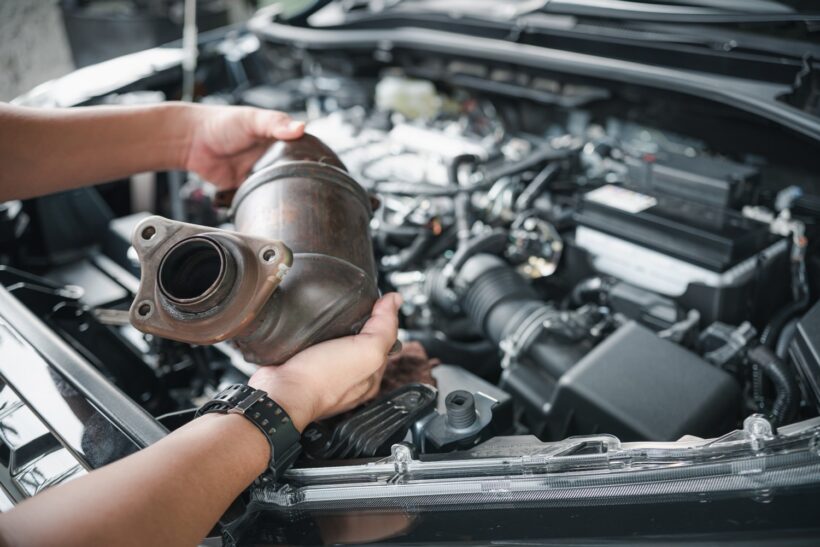
Sometimes, people make the mistake of selling their scrap car as-is when it may be worth more if they part it out. Depending on the condition of your vehicle, some parts may be in high demand and could fetch more money if sold individually.
Common parts that can be sold separately include:
- The engine, if it’s still functional
- Tires, especially if they’re in good condition
- The transmission or other working components
- The battery
- Body parts like doors, windows, and headlights
If you’re willing to put in a bit more effort, selling these parts individually could result in a higher return. However, this option might take more time and effort, so it’s important to weigh the benefits and drawbacks before deciding to part out your car.
9. Letting Sentimentality Cloud Your Judgment
For many, a car is more than just a vehicle—it’s a symbol of memories and experiences. However, when it comes to selling a scrap car, sentimentality can cloud your judgment and prevent you from making the best financial decision. While it’s normal to feel attached to your old car, it’s important to separate emotions from the transaction.
Once your car has reached the end of its life, it’s just an asset to be sold. Holding on to it longer than necessary can end up costing you money in maintenance and repairs.
By letting go of sentimental attachments and focusing on the facts, you can ensure that you’re making the best decision for your financial situation.
10. Not Being Prepared for the Towing Process
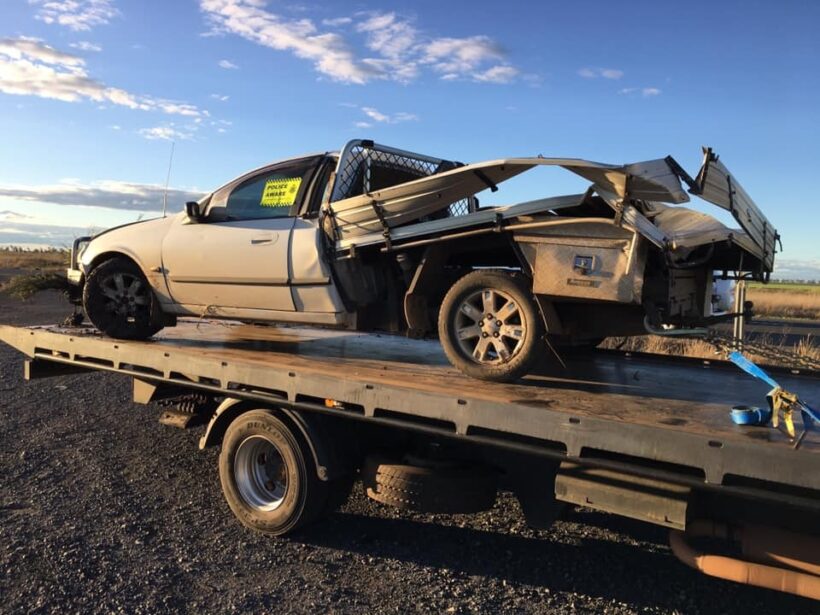
If your scrap car is not running, you’ll likely need to arrange for towing. One of the mistakes people make is not being prepared for the towing process. Some scrap yards offer free towing, while others may charge a fee, so it’s important to clarify this beforehand.
If you’re arranging towing on your own, make sure to get a quote from a reliable towing service. Additionally, ensure that the scrap yard is prepared to receive the car at the scheduled time. Planning ahead ensures that the sale goes smoothly and you won’t have to deal with unexpected delays.
A Final View
Selling a scrap car can be a simple and profitable process if you avoid these common mistakes. From researching your vehicle’s value to ensuring you handle all legal paperwork correctly, each step plays a role in ensuring you get the best deal possible.
With a little preparation and attention to detail, you can successfully sell your scrap car without the headaches and pitfalls that often accompany the process.

